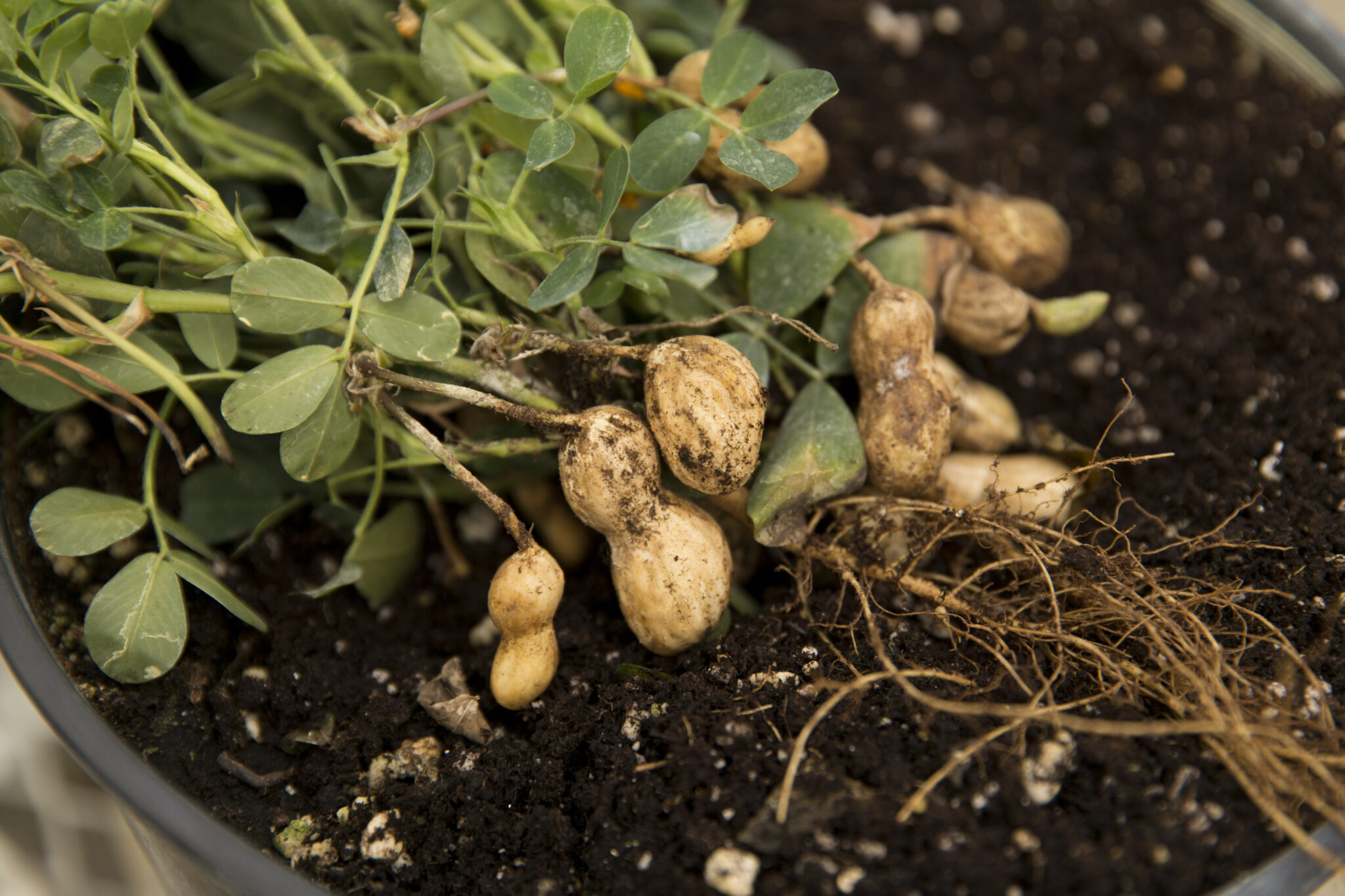Georgia vegetable farmers count on plastic-mulched beds to raise top-quality produce efficiently. They also count on the plastic to last more than one growing season.
"Growing vegetables on plastic is not cheap," said University of Georgia scientist Darbie Granberry. "So scientists and farmers worked to learn how to use it for two or three growing seasons to spread out the cost."
Plasticulture in Georgia
Granberry, an Extension Service vegetable horticulturist with the UGA College of Agricultural and Environmental Sciences, said Georgia farmers raise peppers, squash, tomatoes, cucumbers and strawberries on plastic-covered rows.
They plant watermelons, also on plastic, in 12- or 18- inch beds, rather than the 32- to 34-inch beds they grow other produce on. Because of that difference, they can't include melons in the produce rotation that uses plastic mulch repeatedly.
Most produce grows from planting to harvest in 60 to 90 days. That allows for three growing seasons each year in much of south Georgia.
The plasticulture cycle
A typical cycle follows this pattern:
* Lay irrigation drip tape and plastic mulch in one operation.
* Plant, grow and harvest the first crop. Cut the plant stems within one inch of the mulch.
* Cut new holes in the plastic mulch. Plant, grow and harvest the second crop. Cut the stems.
* Inspect the mulch for tears and damage from the sun's ultraviolet rays. If it's still usable, punch new holes and raise a third crop.
* Pull up the mulch and drip tape. Treat the field for insects or disease problems if they're present. Dispose of the plastic. Begin the cycle again.
Specially developed for fields
Granberry said the plastic the farmers use was developed specifically for use in fields. "The manufacturer incorporates a UV inhibitor that slows the breakdown of the material by UV rays," he said. "Regular plastics, like garbage bags, break down relatively fast in sunlight."
Scientists and plastic mulch makers are working to learn how to recycle the plastic mulch after farmers remove it from their fields.
But Granberry said it's slow going. Soil and plants stick to the plastic, making the process expensive and difficult.
"Until we figure out how to get it out of the field cleanly," he said, "recycling isn't practical."
But using one application of plastic mulch over several growing seasons helps cut the amount of plastic they use.
Benefits of plasticulture
Using plastic mulch offers many benefits to vegetable growers. It extends the growing season by warming the soil faster, so farmers can plant earlier in the spring.
The mulch keeps moisture in the soil by preventing evaporation. In-place irrigation puts water right at the roots, and the plastic helps keep it there.
Granberry said disease problems are minimal in plastic fields, too. By watering below the soil, farmers don't wet the foliage, where most disease problems start.
The plastic also keeps weeds around the plants to a minimum. So farmers don't have to use as much herbicide as in bare-ground fields.
Overall, plastic mulch helps farmers produce more, higher-quality vegetables with the least added cost.
"It's harder and riskier to raise vegetables without plastic," Granberry said. "Of course, it's risky, period, to grow vegetables. But farmers are looking to minimize that risk while doing what they can for the environment."






